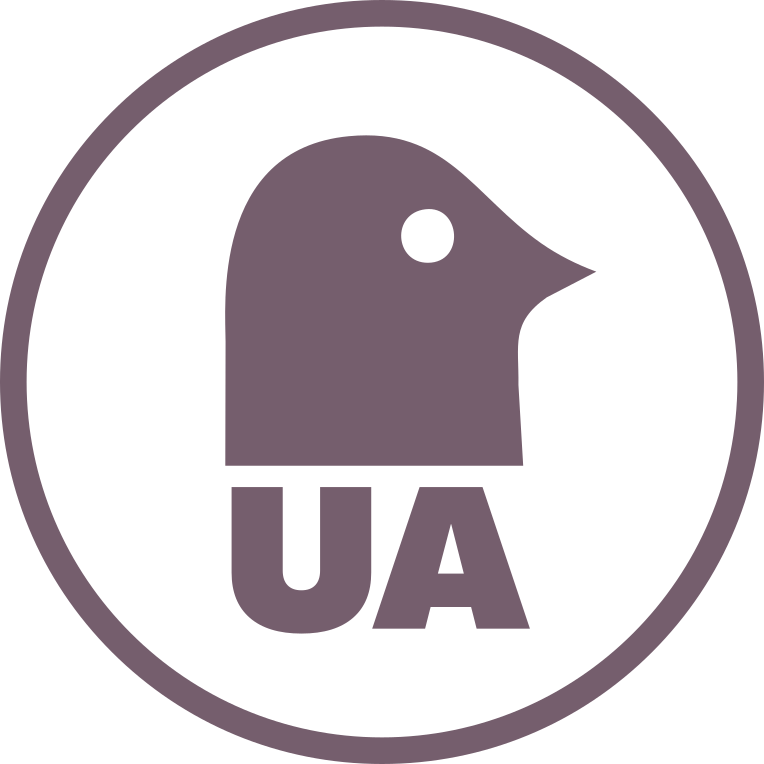Originally written at the end of summer. Some things may have changed.
Deadnaming at McGill is an issue floating around all trans people. We accidentally out ourselves while using the printer or logging into MyCourses, we have the wrong name read out on attendance sheets, and we are baffled by the randomness of our deadnames haunting various McGill platforms.
Many before us have tried to solve the problem, only to be discouraged by its scope, contradictions, and stagnant progress. McGill’s equity equity committee has claimed to be working on it almost every year since at least 2005, but their members have no idea what the status is. And most of McGill is entirely uninterested.
The deadnaming campaign is a small number of trans students who decided we would fix automated deadnaming. When we started talking about it in October, the task before us seemed impossible.
We started with a lot of cold emails and meeting requests. One of the first people we met was from Enrollment Services. She had been working on implementing preferred names as part of her job in EDI for three years. She welcomed our advice eliminating what she thought were those final edge cases. We had to break the news to her that the problems were still systemic. To fix some instances of deadnaming, students were being directed to email back-and-forth with her boss, a process she was unfamiliar with. I don’t think this is her fault.I imagine it’s the consequence of hiring token EDI employees but never giving them power, information, or the ability to connect with the community.
We started compiling a list of issues, and sent her an email every time a new one popped up. But we didn’t want to put all our hopes there. So we emailed SAA, the Wellness Hub, and departments where we saw problems.. And an email to the Wellness Hub made it to Fabrice Labeau, the Deputy-Provost of Student Life and Learning.
We congratulated ourselves on creating enough noise to reach upper admin, then prepared for a meeting of platitudes. But the meeting proved more productive than we expected. He promised us a committee to gather all McGill employees necessary to solve the problem. And so the Ad-Hoc Committee on Preferred Names – or as, we call it, the Deadnaming Committee – was made. It includes employees from HR, central IT, the Wellness Hub, and Enrollment Services, among others. I get a lot of pleasure listening to eight McGill employees, including the Deputy-Provost ( what an expensive meeting!) grapple with how best to deal with trans people.
In an early meeting, the Deputy-Provost suggested a problem-tracker, which he guessed would take his office a month to compile. We made one overnight and published it to the Queer McGill website. The Deputy-Provost got wind of our homemade problem-tracker and it was an agenda item for our next meeting. But if he was annoyed at us for overstepping, he couldn’t say so. And so he based his problem-tracker around ours.
Throughout the process we found unexpected enemies and unexpected allies. The Wellness Hub gestured at unspecified legal requirements for why they couldn’t issue doctor notes with a preferred name, and student residences were nothing short of a disaster. When I ran into an employee from Student Housing at a Meet McGill fair, and told him I heard from trans residents that they were getting deadnamed, he said, “no they’re not”. Although that attitude has shifted slightly with time, we didn’t trust that housing employees knew or cared about how their systems failed. So we went around to the front desks of all the residences. We got inconsistent and confused answers. One person refused to tell us whether they were ever shown multiple names for students.
The next natural step, if SHHS employees wouldn’t talk to us, was to put up our posters in residences. They read: “Are you being deadnamed by McGill? We want to hear from you”. When we went to get them approved by SHHS, their employee told us the posters were “political” and required a special process. I emailed the posters to her boss, who asked us to change the wording so that it didn’t mention McGill. We refused. We were sent to the Dean of Students Office, where we met with the Assistant Dean, Cindy Mancuso. She agreed that our posters were political, and reprimanded us for using a rude tone and being too demanding. Finally, we met with Daniel Fournier, Associate Director of Residence Life. He told us that there were guidelines for posters put up in residences. We asked to see it. He said no. After going back and forth for 15 minutes, he kicked us out of his office. We did get a small revenge though. A legal access to information request got us the internal guidelines shortly afterwards. Email us and we’ll send it to you!
Sometimes I worry I have a certain kind of entitlement. Trans people are often so stoic about deadnaming. They shrug it off dozens of times a day. They shield their laptop screens with paper. They avoid some systems altogether. And even the memories of discrimination only surface with some prodding. Sometimes it feels like the campaign asks too much.
But I also want to push back against this guilt which seems like residual shame. It’s important to the campaign that its members are righteously angry. It fuels us. Entitlement got us insulted by McGill staff, but the entitlement is also why we win. We refuse to accept a transphobic answer as anything short of transphobic. And although we’ve had dozens of interactions that try to cast doubt on this, we know it is true.
